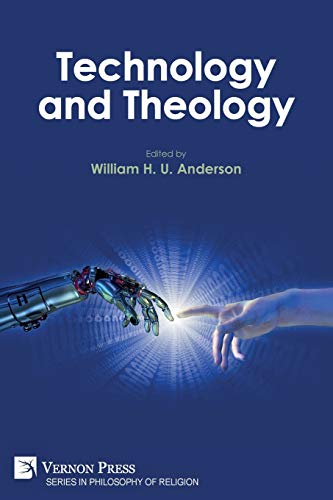
Technology and Theology (Philosophy of Religion) PDF
350 Pages·2021·8.216 MB·other
Most books are stored in the elastic cloud where traffic is expensive. For this reason, we have a limit on daily download.
Preview Technology and Theology (Philosophy of Religion)
Description:
Technology is growing at an exponential rate vis-à-vis humanity's ability to control it. Moreover, the numerous ethical issues that technology raises are also troubling. These statements, however, may be alarmist--since Telus would tell us "The Future is Friendly". The Modernist vision of the future was utopic, for instance Star Trek of the 1960s. But postmodern views, such as are found in Blade Runner 2049, are dystopic. Theology is in a unique interdisciplinary position to deal with the many issues, pro and con, that technology raises. Even theologians like Origen in the third century and Aquinas in the thirteenth century made forays into Artificial Intelligence and surrounding issues (they just didn't know it at the time). Artificial Intelligence (AI) and Transhumanism raise questions about what it means to be human. What is consciousness? What is soul? What are life and death? Can technology really save us and give us eternal life? Theology is in a unique position to handle these questions and issues. This book also has practical applications in terms of ecclesiology (church) in the context of the COVID-19 pandemic--both in terms of what it means to be a church and in terms of the sacraments or ordinances. Is there such a thing as a "Virtual Church" or must we gather physically to constitute one? Are Baptism and Communion legitimate if one is not physically in a church building but are "online"? This book struggles with these and many other questions which will help the scholar or reader make up their own minds, however tentatively.
See more
The list of books you might like
Most books are stored in the elastic cloud where traffic is expensive. For this reason, we have a limit on daily download.
